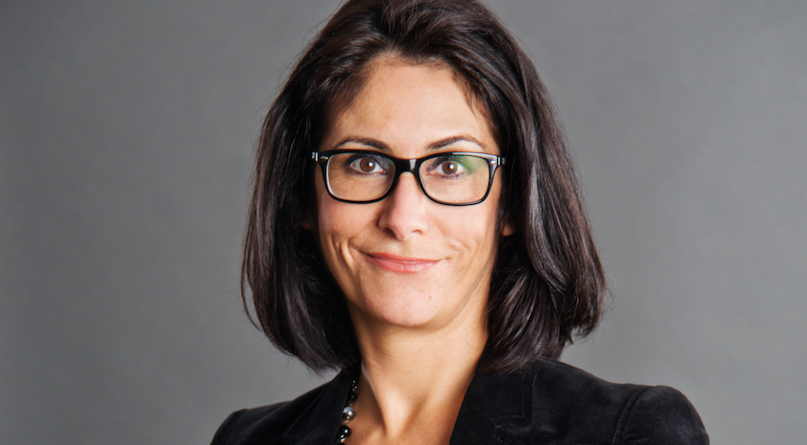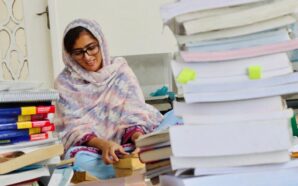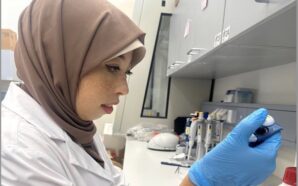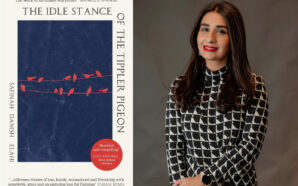Tell us about yourself – your professional journey leading up to Naseba and this groundbreaking Women In Leadership (WIL) forum.
I studied ancient history and art history at the university and originally wanted to be an archaeologist. But life had other ideas for me and my professional journey began in a large conference company in London – just a few years later, I co-founded Naseba. Naseba focuses on creating economic opportunity for its clients in growth markets, whether that’s helping a company raise funds, make deals, expand in new markets or educate its workforce in key areas.
When I moved to Dubai in 2008, I realised that a lot of harmful stereotypes existed around women here. Heading a company, which specialises in growth market intelligence, Scott (Ragsdale) [co-founder and Chairman, Naseba] and I spotted a gap, which we wanted to address. As experts in business facilitation, with a female co-founder, it felt right for us to create a platform focused on bringing women together. What started as a “gentlewoman’s club” in 2009 is today the Global WIL Economic Forum – a purpose driven community of women and men driving change across business and society.
You have seen how Dubai and by extension the UAE has showcased itself as a society based on diversity – what do you think has been key to this development and how do you perceive the country’s future as far as women’s economic empowerment is concerned?
We have a very bright future ahead of us in terms of women’s economic empowerment. We have a government that has embedded this as a key pillar in its strategic visions to create a sustainable, post-oil economy. This commitment has undoubtedly helped lay the framework which enables more women to not just enter the workforce, but have a clearer path to leadership positions. There is still work to be done, but we have gained significant momentum.
Tell us about the Women in Leadership Forum – how has it grown in the past few years and how has it empowered women – both Arabs and non-Arabs?
For us, a vital objective of the forum in recent years has been to look at impact. Yes, conversation around key issues remains very important. But we also want to look at the impact we can have, whether as an individual or a business. The WIL Forum aims to elevate those conversations in order to produce tangible outcomes. We want to empower women and men to understand what practical steps they can take to enact social change and create lasting impact. This is something we aim to grow even further in the years ahead, particularly as we look at bringing the forum to new locations where we think we can add real value, such as Saudi Arabia and Africa.
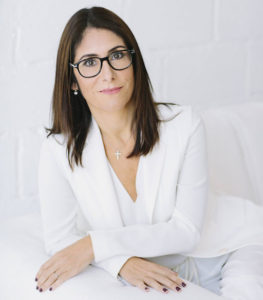 Tell us about the recently concluded WIL Forum?
Tell us about the recently concluded WIL Forum?
At the Global WIL Economic Forum this year we had a truly diverse speaker base, addressing areas such as the importance of pop culture in redefining gender stereotypes and the economic imperative of building inclusive and accessible businesses. We heard from outstanding women including Haben Girma, the first blind-deaf Harvard Graduate, and White House Champion of Change and Global Inclusion Advocate, as well as Vibha Bakshi, the award-winning director and producer of ‘Daughters of Mother India’.
Women’s participation in both national as well as global economy also require more women to be in leadership positions, where does the UAE stand in this regard and what more needs to be done?
Looking to the public sector, we have some phenomenal women in leadership positions. These women account for almost 30% of the ministerial cabinet in the UAE and act as role models across this nation. We need the private sector to continue to follow suit and be more vocal about its work in promoting equality. There is a high proportion of female graduates here and we need to ensure that we are enabling these women to not just enter the workforce, but to maintain a career and achieve leadership positions. Part of this rests on policy – putting the support systems and structures in place to empower women in the workforce. The rest comes down to ‘lead by example’, particularly in the private sector.
In your opinion, how can the corporate in the UAE sector align itself to Sustainable Development Goal #5 (Gender Equality) and empower women?
As I mentioned, it comes down to ensuring that there is a framework in place, which supports women as they enter the workforce and their careers progress. Corporates in the UAE can look to the recently launched Gender Balance Guide, which aims to provide the tools to advance gender equality. At the forum, H.E. Noura Al Kaabi, Minister of Culture and Knowledge Development, also called for private companies to offer better maternity leave and flexible return to work options for women. Childcare in the UAE is generally more affordable and accessible than in Europe or the US – so this comes into play. But we need to ensure that we are offering flexible options for women.
How can we bridge the gender pay gap and other similar professional inequalities at the workplace?
Across the GCC, we have seen major advancements in terms of female equality and economic empowerment. But we need to look at the bigger picture and understand what the underlying issues are which stop us from reaching gender parity. Without this, economies in this region will undoubtedly fail to reach their full potential. These issues include: unconscious bias, the gender pay gap, harmful stereotypes, as well as the cultural and religious nuances which come into play in the Middle East. Boosting female labour participation shouldn’t be top-down, driven at government level. Yes, this is hugely important and positive – governments in this region must continue to lead the way. But it needs to become part of critical business thinking across all segments of societies in this region.




